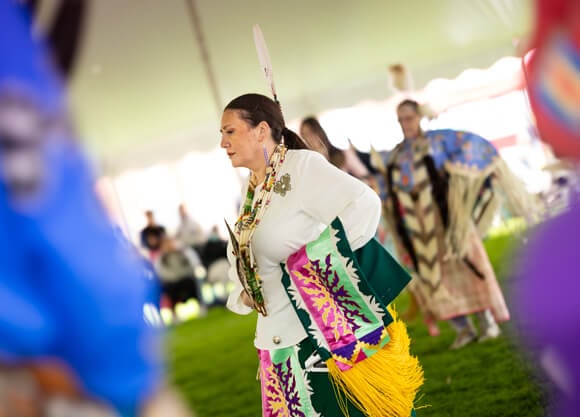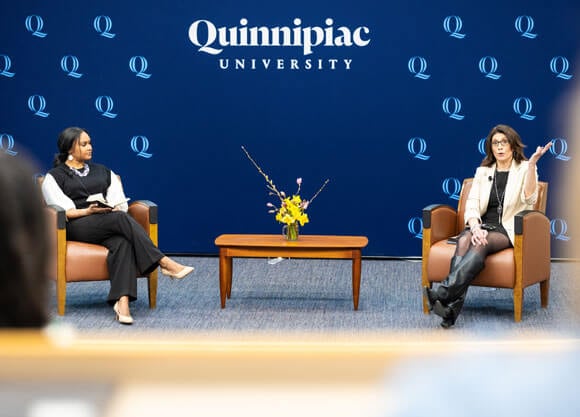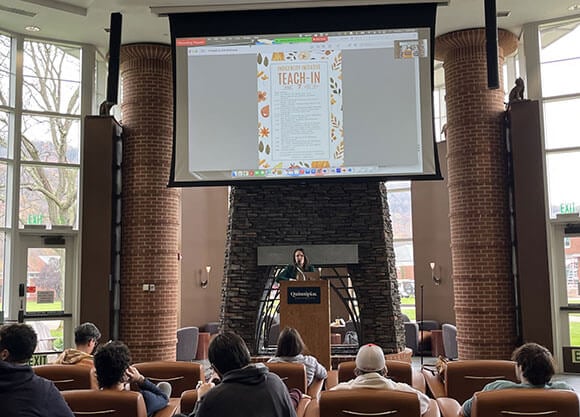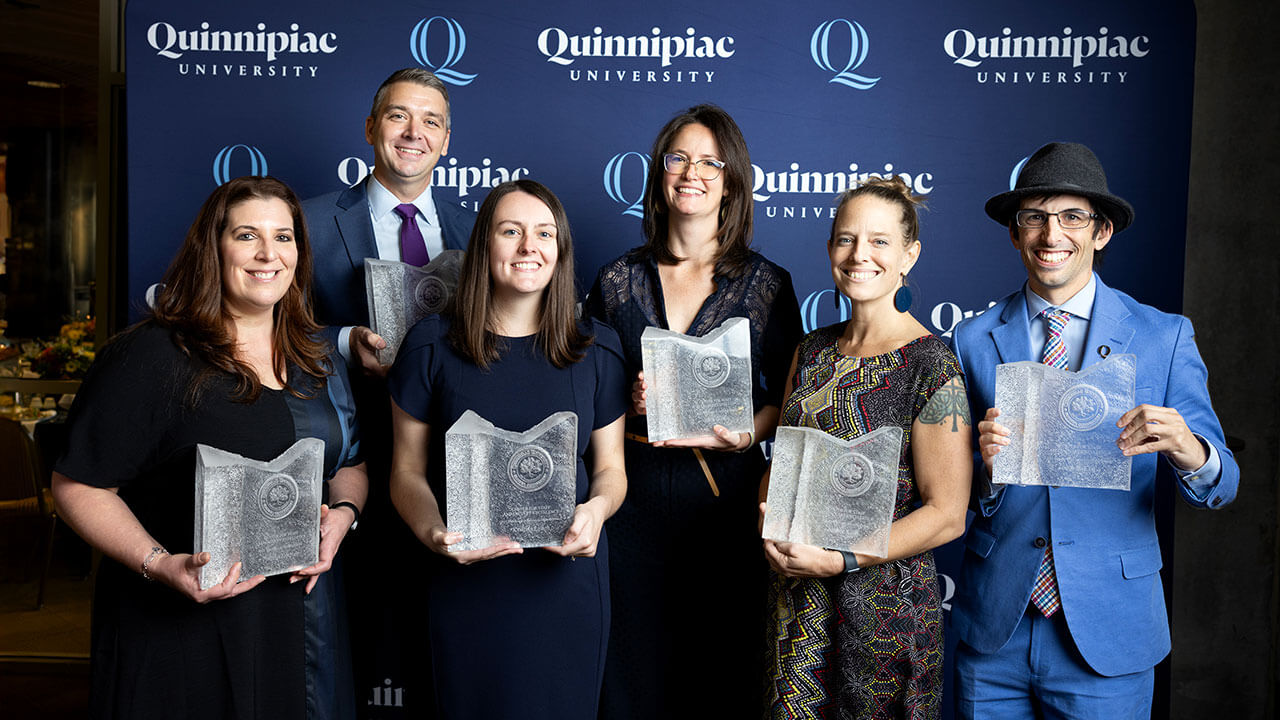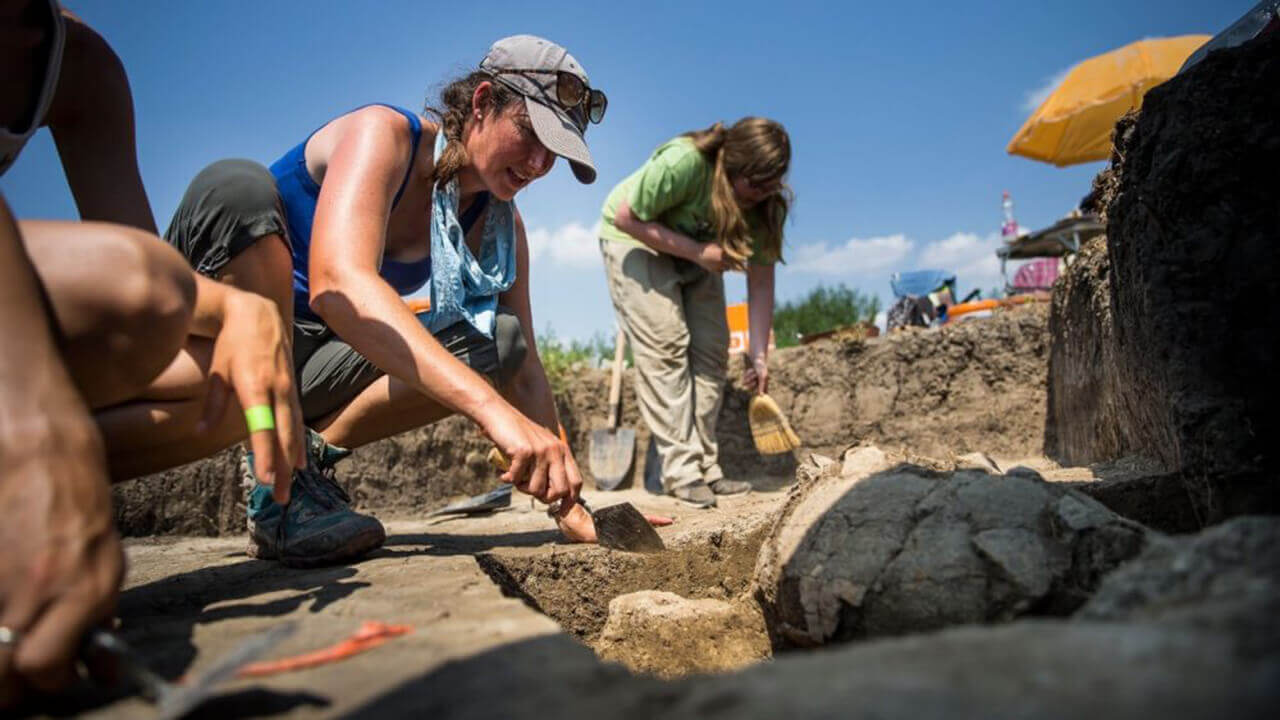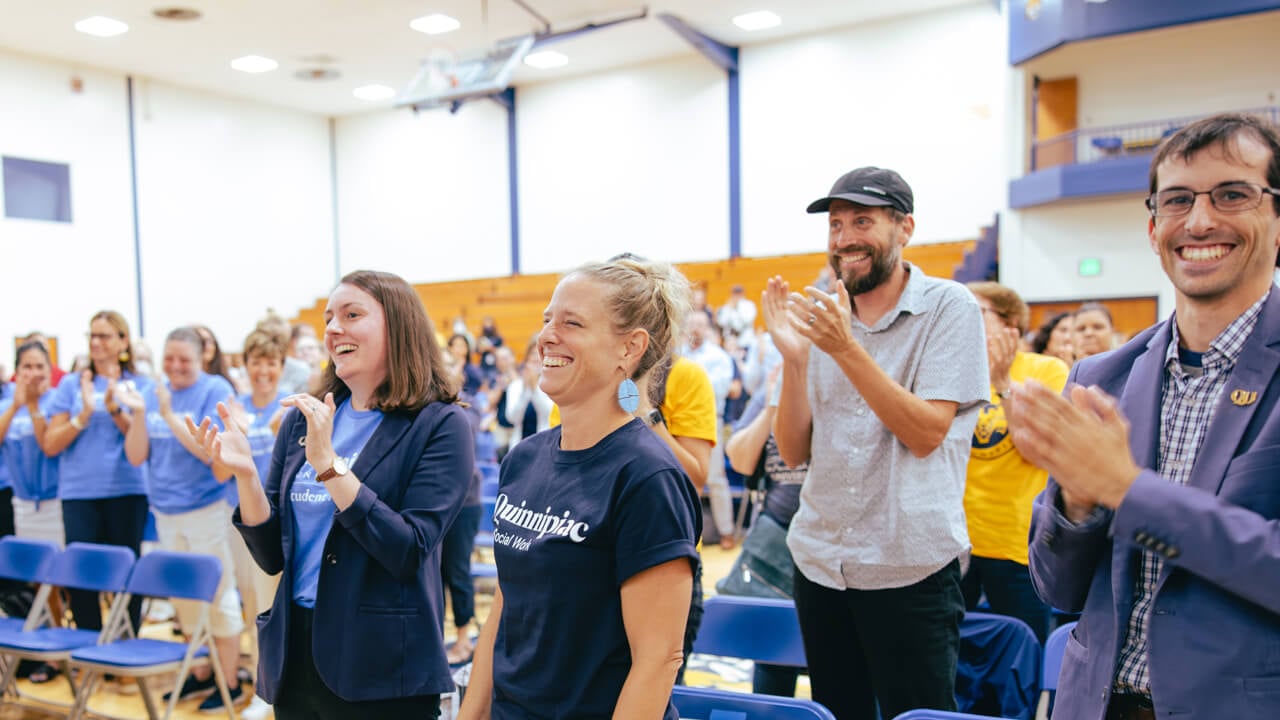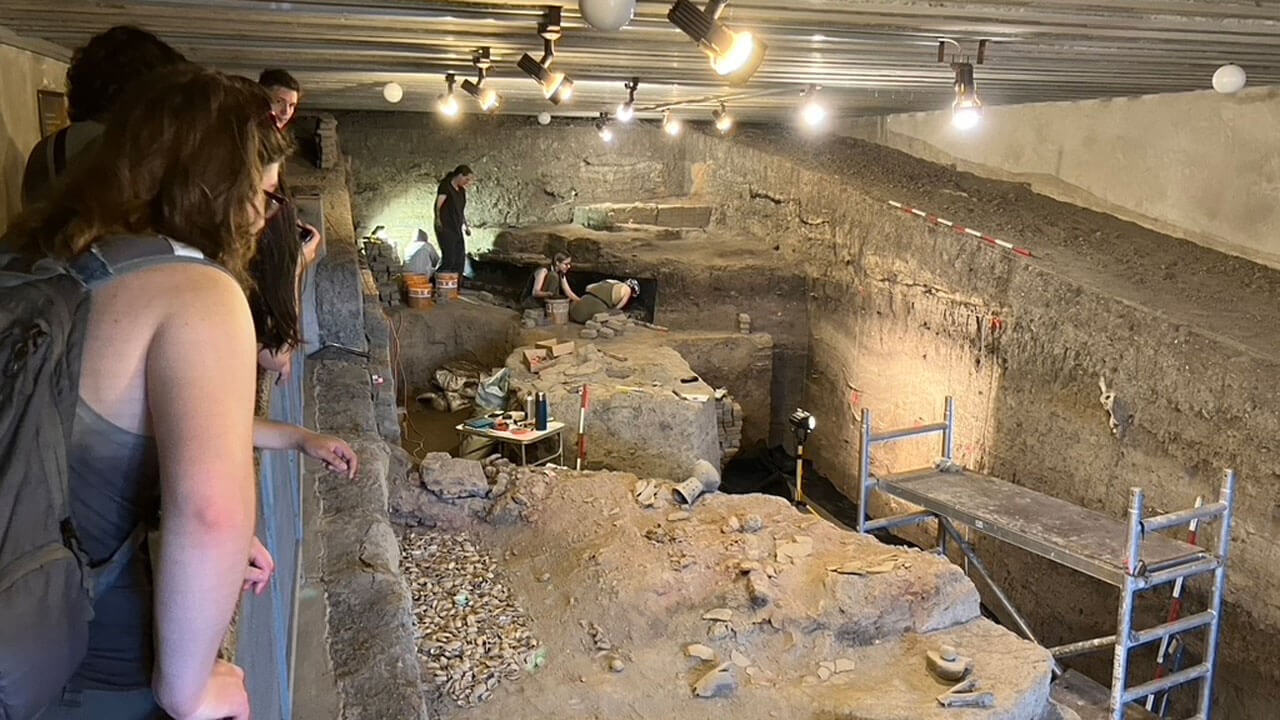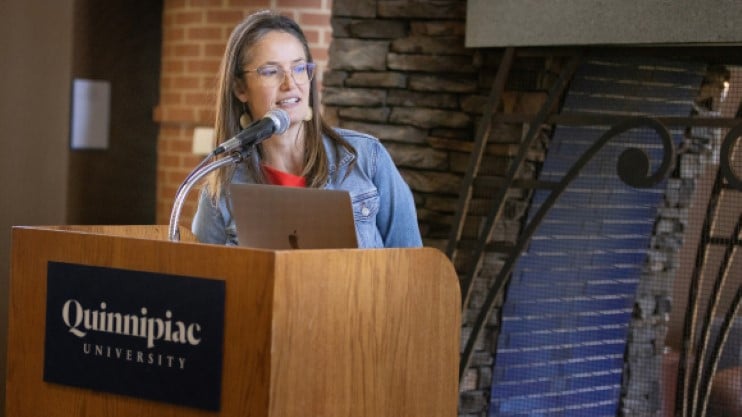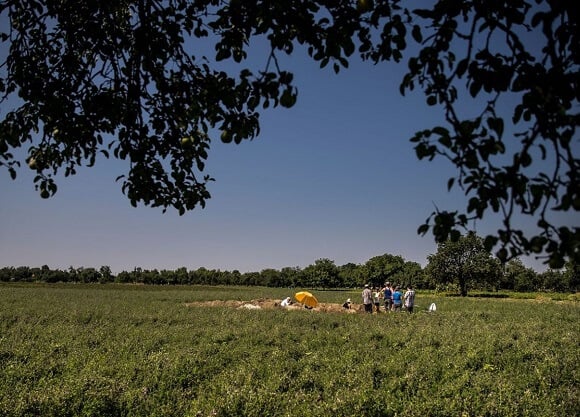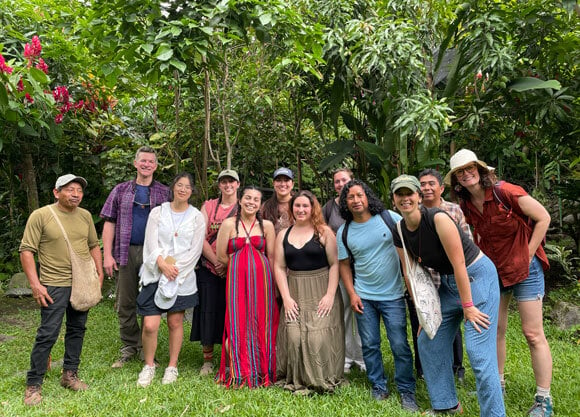
Julia I. Giblin
Professor of Anthropology
Director of Anthropology
Julia I. Giblin is Professor of Anthropology in the Department of Sociology and Anthropology. She specializes in the archaeology of prehistoric Europe and uses techniques such as isotope analysis to reconstruct ancient diets and movements. Dr. Giblin co-directs the Bronze Age Körös Off Tell Archaeological Project (BAKOTA). The BAKOTA project is an international team and field school that is working to better understand mortuary customs and social organization during the Middle Bronze Age in southeastern Hungary. She also co-directs the Bioanthropology Research Institute at QU (BRIQ), a cross-disciplinary group of scholars who combine anthropological questions and techniques with insights from diagnostic imaging.
The teacher-scholar model is key to Dr. Giblin's contributions to the Quinnipiac community. She teaches an introductory archaeology course (Dirt, Artifact, and Ideas) that is part of the University Curriculum. In this class students develop their critical thinking skills while discovering new ways to view the past using a culturally relative framework.
She also teaches two upper-level courses (Ancient Food for Thought and Practicing Archaeology). In these courses themes related to food, the environment, complexity, community, resilience, sustainability, cultural heritage, inequality, and indigeneity are explored. These courses draw from ethnography, ethnoarchaeology, historical texts, and archaeological research to reveal the ways that human actions have impacted the planet over time, and how the past is connected to our lives today.
More recently, Dr. Giblin has started to focus coursework and scholarship on ways that the university community can better understand and respect the Indigenous connection to the land that the university occupies.
The teacher-scholar model is key to Dr. Giblin's contributions to the Quinnipiac community. She teaches an introductory archaeology course (Dirt, Artifact, and Ideas) that is part of the University Curriculum. In this class students develop their critical thinking skills while discovering new ways to view the past using a culturally relative framework.
She also teaches two upper-level courses (Ancient Food for Thought and Practicing Archaeology). In these courses themes related to food, the environment, complexity, community, resilience, sustainability, cultural heritage, inequality, and indigeneity are explored. These courses draw from ethnography, ethnoarchaeology, historical texts, and archaeological research to reveal the ways that human actions have impacted the planet over time, and how the past is connected to our lives today.
More recently, Dr. Giblin has started to focus coursework and scholarship on ways that the university community can better understand and respect the Indigenous connection to the land that the university occupies.
Education
- BA, Florida State University
- MA, The Ohio State University
- PHD, The Ohio State University
Areas of Expertise
- European Prehistory
- Archaeological Chemistry
- Anthropology of Food
- Ancient Diets
Organization
- Anthropology
Office Location
- College of Arts & Sciences 1 337
Mail Drop
- BC-SCI


